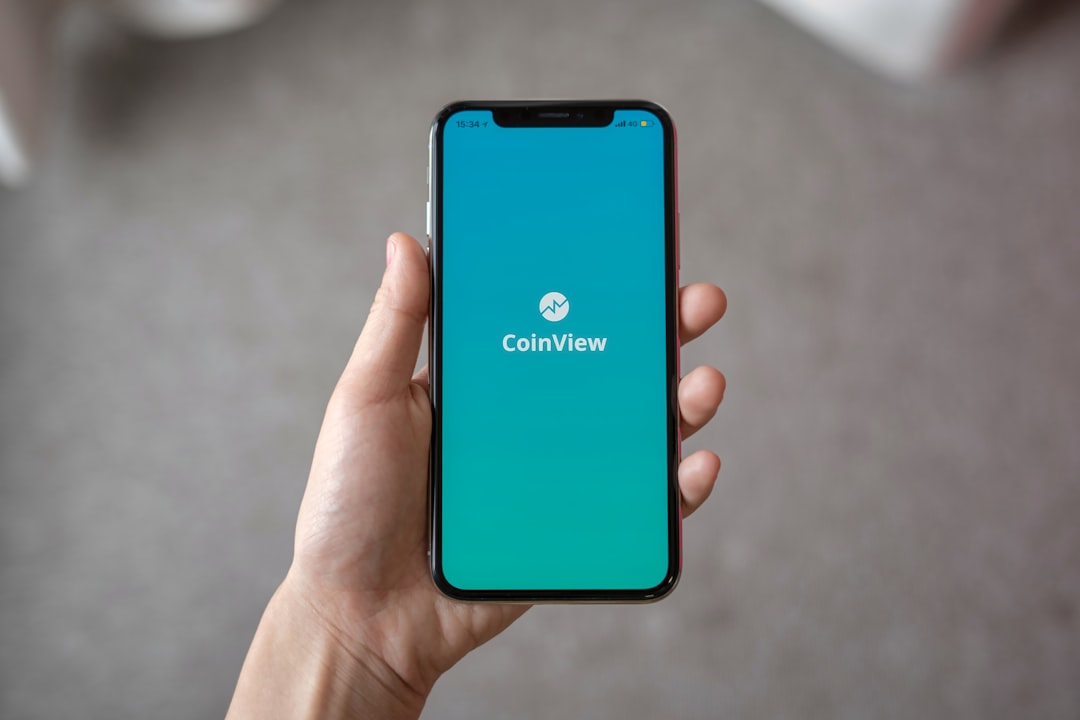Spam call law firms in New Mexico pose as legitimate services, misrepresenting debts and using threats to extort payment. Recognize false claims, avoid pressure for instant payment, and document/report these calls to FTC or state attorney general to combat scams protecting others. Legitimate collectors follow FDCPA rules, typically sending written notices first.
In the bustling landscape of Santa Fe, New Mexico, spam calls have become a persistent enigma. This article illuminates the most common types plaguing residents, focusing on fraudulent debt collection tactics employed by unscrupulous entities posing as law firms. We demystify pretexting scams targeting local folks and offer vital protection against impostor financial offers. By recognizing these deceptive practices, Santa Feans can safeguard their personal information and peace of mind in today’s digital era.
Recognizing Fraudulent Debt Collection Calls

Fraudulent debt collection calls are a common type of spam in Santa Fe, often targeting residents with false claims and threats. These calls typically originate from law firms or collections agencies attempting to extort money by claiming you owe a debt, usually for medical bills, credit cards, or loans. They may threaten legal action, wage garnishment, or even arrest if you don’t pay immediately. Recognizing these tactics is crucial; legitimate debt collectors follow strict rules and regulations outlined by the Fair Debt Collection Practices Act (FDCPA) in New Mexico.
Be wary of calls demanding immediate payment, threatening legal consequences without providing specific details, or asking for sensitive information over the phone. Legitimate debt collectors will usually send written notices first and provide documentation if you dispute the debt. If you receive a spam call from a law firm or collection agency, document the caller’s information and report it to the Federal Trade Commission (FTC) or your state attorney general’s office. This helps in combating these fraudulent practices and protecting others from falling victim.
Law Firm Pretexting Scams Targeting Residents

In Santa Fe, residents have been increasingly targeted by sophisticated spam call law firm scams. These pretexting schemes often pose as legitimate legal services, leveraging fear and urgency to trick individuals into providing sensitive personal information. The con artists may claim to represent a prominent New Mexico law firm or threaten imaginary legal repercussions if the victim does not take immediate action.
Such calls often involve pressuring recipients to make payments upfront, promising quick resolutions to non-existent legal issues. They might also use scare tactics to persuade people to share private details that can later be exploited for identity theft or other fraudulent activities. The rise of these spam call law firms highlights the need for residents in Santa Fe and across New Mexico to remain vigilant and cautious when receiving unsolicited phone calls, especially those purporting to be from legal entities.
Protecting Against Impostor Financial Offers

In Santa Fe, as across the nation, spam calls offering financial solutions or investment opportunities are prevalent. These calls often purport to be from reputable law firms promising significant returns on minimal investments. New Mexico has strict laws against these types of deceptive practices. According to the state’s Spam Call Law, telemarketers must obtain written consent before calling residents with prerecorded messages. If you receive a spam call from a self-proclaimed law firm offering financial gains, it’s crucial to remain vigilant and not provide any personal or financial information.
To protect yourself, familiarize yourself with your rights under the New Mexico Spam Call Law. Hang up immediately if such a call is received and report it to the Federal Trade Commission (FTC) using their Do Not Call registry. Never engage with the caller, share sensitive data, or agree to any terms presented during such spam calls. Remember, legitimate law firms will not pressure you into making quick decisions over the phone.






